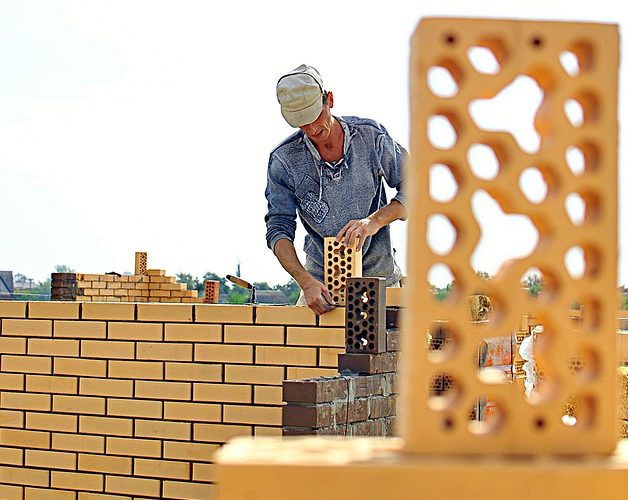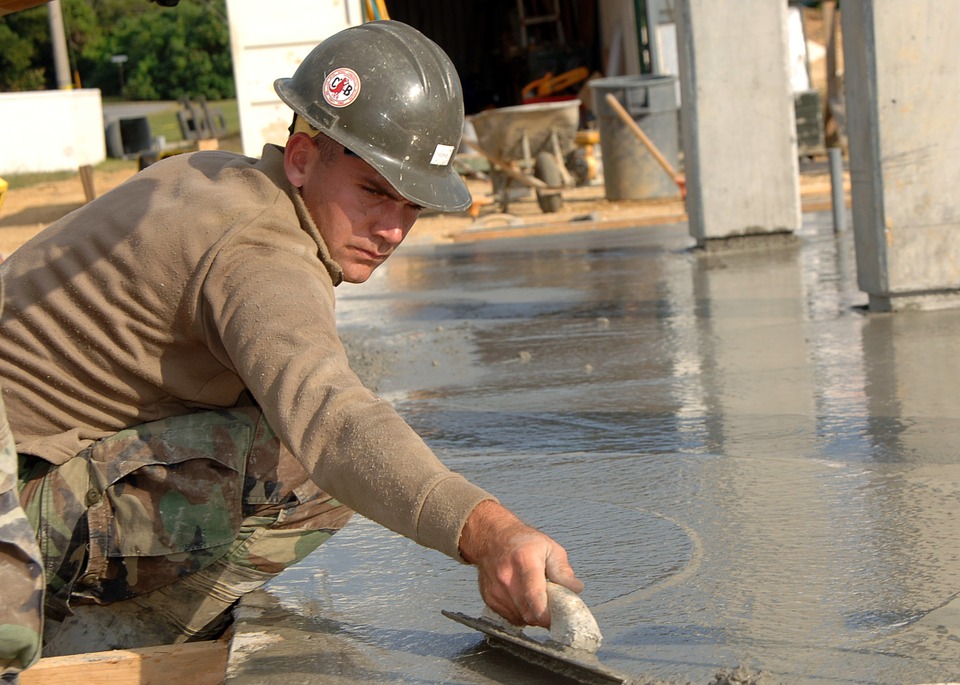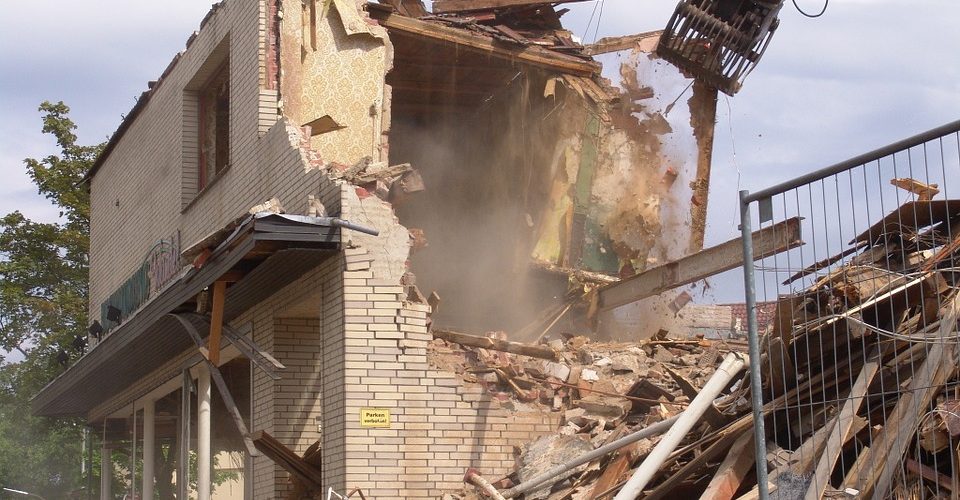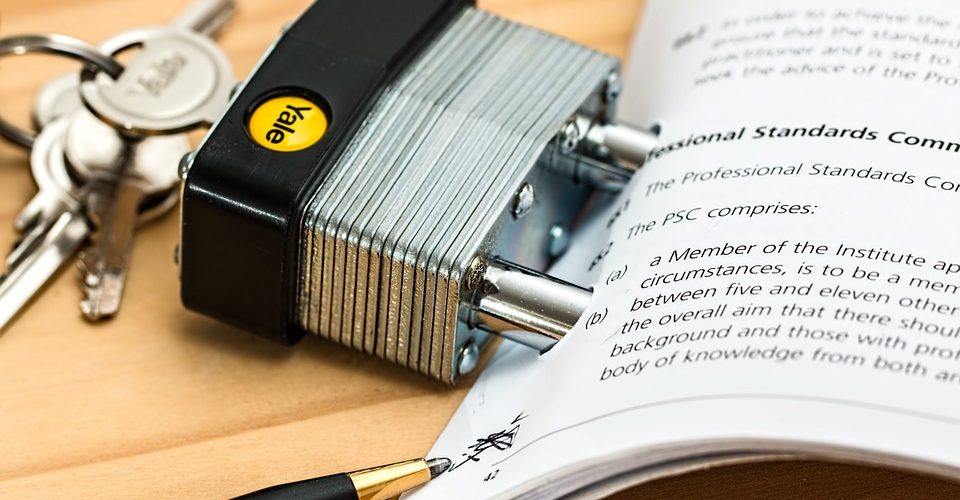Renovating With Professionals – Masonry Services in Chicago
Hiring masons and builders are the only way to proceed if your renovation involves rebuilding. If you think you can save loads of money by doing it yourself, think again. All plumbing and electrical work in Chicago must be done by a licensed contractor. Unless you’re a mason, there is no way you can do everything yourself. You might want to hire masonry services in Chicago.

Unless you’re a mason, there is no way you can do everything yourself.
People who spend their lives working in offices with highly competent staff around them have no idea how hard it is to employ a mason or builder (let’s call them subcontractors). Human resources managers, recruiters, and senior executives may have an inkling about the difficulties of hiring subcontractors. I am here to tell you something loud and clear. Along with living in dust and dirt, hiring people to renovate your house is one of the most difficult aspects of renovating.
Read this before thinking of a DIY Project
Unless you’re a mason or builder with some skill or experience in renovation, you’re going to experience what I call the Renovation Hiring Gap. This is a big black hole which represents a dearth of knowledge about how subcontractors in Chicago operate. This book attempts to help bridge that gap, but the only way to fill it is to spend time working with subcontractors and build up your own experience.
Hiring subcontractors is a bit like taking your car to a mechanic when you don’t know much about cars—trust your mechanic to do the job you want them to do for the best price. Just like some car mechanics, some subcontractors will try to exploit that trust—but the crummy rip-off merchants don’t stay in business too long. Generally speaking, any subcontractor with more than five years’ experience is going to be excellent at their trade . . . but will you be able to get on with them?
There is a plethora of masonry services in Chicago. Professionals with skills you need to renovate your property. Each one will have the basic skills of their trade, but some will also have special skills they have acquired over the years. For example, some carpenters have great skill at re-using old materials, others excel at measuring and getting structures square. Some plumbers are brilliant gasfitters but only so-so at drainage. Some builders are experts on brick veneer while others are better with weatherboard.
Is it worthwhile to hire a Mason?
Every subcontractor is uniquely skilled, but they will all have individual personalities as well. Some are extremely professional and courteous, others swear like troopers. Some turn up on time, others fail to turn up for weeks. This can be frustrating for people in the Renovation Hiring Gap, but once you understand the nature of subcontractors and expect them to behave like human beings as well as professionals, the process runs more smoothly.

Planning takes time and patience
What to consider while in Chicago
Before starting on any kind of building work in your home or business, you need to know exactly what your objectives are, the resources that are available to you and how you are going to achieve those objectives. You also need to consider whether or not your ideas are practical and achievable within your anticipated timescales. Do remember that the planning of any work, whether it is on a large or small scale, takes time and patience.
The scale of the project will obviously dictate the amount of time it will be necessary to spend on the planning. If you think that your project is too small to warrant the time spent on reading all of the chapters and issues in this book read it anyway – you may be surprised how some of the bigger issues can be scaled down to help in the smaller projects.
Choosing the Right Mason in Chicago
It is hard enough for a skilled builder to select suitably skilled masons. Here are some questions to ask and attributes to look for.
Skill
What professional skills do they have? How long have they been doing the work? What type of property do they generally work on and where?
Reliability
If they say they will turn up, do they? While working with masons, time is everything. Sure you have the right professional, but will they complete the work in the desired time?
Ability to communicate
Make sure the way you communicate about the job is clear, the materials are specified and there is an estimate of how long it should take to complete. Unforeseen things happen on all jobs but talk to the mason in an easily understandable manner.
Demand
Good tradespeople and builders usually have at least a few weeks’ continuing work ahead of them. It is important to source subcontractors well in advance of the time when you need to book them. Be aware that lots of builders and tradespeople may give ridiculously high quotes if they are in demand because they don’t really want to do your renovation.
What if I Can’t Afford a Mason? The Real Cost of DIY
Doing it yourself can save labor costs, but only if the labor you are supplying is of equal value to the labor you could be hiring. Someone without experience at tackling a job will inevitably take longer and use more materials than someone who is experienced. The other pitfalls of DIY are:

Doing it yourself can save labor costs, but only if the labor you are supplying is of equal value to the labor you could be hiring
- Lack of planning, knowledge or skill
- The financial and lifestyle cost of using your time
- Potential for accidents and injury
- Ruining the materials and having to start the job all over again
- Damaging unrelated parts of the property while doing the DIY task.
Why You Should Always Sign A Contract with Masons in Chicago
You can go contract crazy when embarking on this renovation lark. There are contracts for kitchens, contracts for bathrooms, contracts for this, contracts for that. Some contracts are just verbal (not a good idea!) and some are twenty pages long. You’d have to be a lawyer to decipher this contract caper without going mad.
Generally a contract can be in a standard form (offered by organizations like the Mason Contractors Association or Mason Contractors Association of Greater Chicago) or it can be specifically written by yourself, the subcontractor or a solicitor. Design and construct builders often use their own standardized simple building contract.
What about Masons in Chicago?
Every state has different laws governing contracts, but generally, the front page must state the parties to the contract, the amount of money involved and whether the price can be varied. It may be best to use standard, approved contracts, especially if you are borrowing from the bank to renovate. The basics that MUST be covered include:
- Who is on the contract (the client and builder or tradesperson)?
- The payment amount and scheduled payment options (legally, builders cannot ask for more than a portion of the entire contract sum as a deposit . . . don’t let them take all your money before they’ve done the job).
- Any documents that make up part of the contract, such as plans, elevations, specifications, evidence of who holds the land title, insurance required.
- The standards of construction, an extension of time and warranty or accuracy of the work details.
Minimizing the Initial Cost
- You can minimize the initial costs by putting together as much information as possible. This will cut down on the amount of time the professionals would normally spend in extracting your ideas from you and is where speaking to other people who have had similar work carried out may be of help.
- It is easy enough to explain to someone what you want but, as the saying goes, ‘a picture paints a thousand words’. Basic sketches can help to avoid misunderstandings and will help to avoid redrawing plans and incurring costs for abortive work. You may like ideas that you have seen in this website, magazines or photographs – these are all visual aids that will assist in the initial concept of what you are proposing.
- This will also help to speed the whole process up, as some professionals will use the design element as a pretext for taking their time to provide drawings, particularly if they have a heavy workload. Remember, though, from conception to on-site development may take more time than the building process itself – this is generally the case with small domestic projects.
When Things Go Wrong
When you think of all the things that can go wrong, it seems surprising that every renovation doesn’t turn out to be some kind of disaster. There are hundreds of elements to any type of renovation and any one of them can come back to bite you on the behind. The most common problem is misunderstandings between subcontractors and clients, especially inexperienced clients like owner-renovators.

Don’t be on the receiving end when things go wrong
When things go wrong, it helps to remember the obligations of the client and the subcontractor. The client agrees to:
- Give the subcontractor uninterrupted access to the job
- Pay progress payments as required in the contract, even if certain things are in dispute
- understand the contract
- Request variations only when problems are unforeseen.
The Mason/subcontractor agrees to:
- Complete the work within a specified time
- Carry out satisfactory work
- Require progress payments within the law
- Comply with all regulatory requests and guidelines.
‘I hired a reputable kitchen company to do our kitchen but then it took twice as long as the contracted time and there was nothing I could do about it. Once I signed on the dotted line with them, there was no way I could get out of the contract even though they weren’t fulfilling their end of the bargain.’
Sarah, Naperville, Illinois
What are conflicts with masons arise?
The best solution to renovation disasters is mediation. This can often be supplied by state government authorities. Sure, it takes time, but it can solve problems within a few months. The next big step is legal action. It is best to avoid this—it is time-consuming, costly and stressful, even for the party that wins.
Openly communicating with subcontractors. Checking that their work complies with building codes and other regulations will usually keep disasters at bay. Most professional subcontractors will not risk their reputation by refusing to rectify faulty works. It’s only when clients behave like spoilt brats that they refuse to come back to fix things.
Oh, and holding the final payment up your sleeve until you drag the sub-contractor back to fix things usually works. Just don’t break any of your contracted payment schedules to do it!
Contractual terms to know

A word of mouth contract is not always the best
Bill of quantities
A detailed list showing the quantities of labor and materials which are needed to carry out the works detailed in the contract. A quantity surveyor usually does this from working drawings and specifications, and it allows all builders to tender a uniform bid for the job.
Certificate of Practical Completion
A certificate issued by the council or certifying authority to show that works under the contract have been completed except for minor defects which shouldn’t inhibit the use of the works.
Contingency sum
The amount of money included in the contract to cover unforeseen items.
Contract documents
All the documents which make up a particular written contract often include the names and details of both parties, working drawings, and specifications, bill of quantities, terms of payment and other such details.
Defects liability period
A specified period of time within which the subcontractor has to rectify any faults at his or her own cost. The period usually commences from the date that the Certificate of Practical Completion is issued.
Final Certificate
The contractor has to issue the client with a final certificate in finality. The contractor obtains the final certificate from a government authority. In this case from the Chicago Municipal Council.
Final completion
The stage when all work under the contract has been satisfactorily completed and the contractor sign a release from all claims. The security deposit can then be returned if necessary.
The stage when the completion of the work done under the contract is done. The contractor signs a release from all claims. The contractor can now return the security deposit.
Handover
The formal handing over of the site back to the owner.
Lien
The right of a contractor to hold property of another party to the contract to secure payment – a good clause to stay away from!
Liquidated damages
The contractor under liquidated damages clause has to pay for damages if they cannot complete the work under scheduled time. The client can deduct the sum from the agreed upon lump sum.
Lump sum contract
A contract engaging a subcontractor to perform the work for a fixed price. Practical completion: The practical completion stage is when the contractor can obligatory say they have completed the work. The contractor can then proceed to sign a release form.
Prime cost
An amount included in the contract documents to cover the purchases of items such as bathroom fittings. Usually, the quoted price is lower than the prime cost.
Provisional sum
Sometimes you need to secure a mason, but you cannot avail all the information at the time. A provisional sum comes in handy. You will be able to secure a mason without saying what the job is about.
Retention of monies
A specified percentage of the building cost the building owner retains as limited security to make sure fulfillment of obligations. Normally, you can release one-half of the retention monies to the contractor at practical completion and the other half upon issue of the Final Certificate.
Variation
An addition to or alteration to work under a contract. It usually costs more money
Importance of a Specification or Brief
The worst thing you can do with masons or builders is to give a vague instruction like ‘I want to turn my fourth bedroom into a bathroom’. If you haven’t made up your mind yet about the paint colors or tiles you want, then explain that in your specification.
You can consult an architect or quantity surveyor anywhere within Chicago. An architectural consultant can develop the documents for you. Sometimes you do not need to pay the consultant for such kinds of consultations. However, you can develop one by yourself if you are working under a budget.
And finally
Writing specifications yourself is complex, you can contact a professional to guide you through the construction of one.
Detailed design plans are also effective and are vital if you are moving doors or windows. An architect or building designer will give you the best-quality plans, but a draftsperson can simply draw up the job to your specification leaving you to do the room planning. Detailed plans are vital to show the builder or mason what you want.
Don’t forget to check out the PMPCArch licensed masonry contractors of Chicago before committing yourself.
